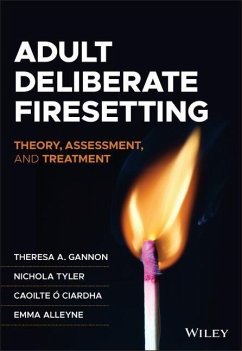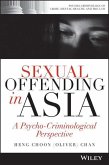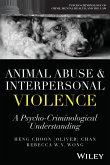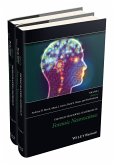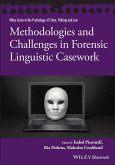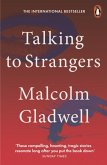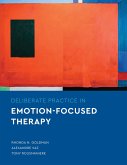ADULT DELIBERATE FIRESETTING
Explore the theoretical foundations of--and discover effective treatment options for--adults who deliberately set fires
In Adult Deliberate Firesetting: Theory, Assessment, and Treatment, a team of distinguished researchers deliver a comprehensive exploration of individuals who intentionally set fires. The book covers major theories on the motivations and processes involved in firesetting, as well as the assessment and treatment of patients and clients who demonstrate this behaviour.
The treatment portion of the book focuses on a strengths-based rehabilitative approach that rests on the assumption that criminogenic and human needs are inextricably intertwined. Readers will find common challenges faced by practitioners in recruiting and facilitating group-based treatment for people who have set fires.
Readers will also benefit from the inclusion of:
_ A thorough introduction to deliberate firesetting, including its definitions, terms, and labels
_ Comprehensive explorations of the key characteristics and clinical features of people who deliberately set fires
_ Practical discussions of theories of deliberate firesetting, including effective psychological theory and typological explanations of firesettings
_ In-depth examinations of best practice risk assessments in defendants, and patients who deliberately set fires
Perfect for psychology researchers and practitioners, Adult Deliberate Firesetting: Theory, Assessment, and Treatment will also earn a place in the libraries of psychiatrists, forensic psychologists, social workers, and others involved in the assessment and treatment of adults.
Explore the theoretical foundations of--and discover effective treatment options for--adults who deliberately set fires
In Adult Deliberate Firesetting: Theory, Assessment, and Treatment, a team of distinguished researchers deliver a comprehensive exploration of individuals who intentionally set fires. The book covers major theories on the motivations and processes involved in firesetting, as well as the assessment and treatment of patients and clients who demonstrate this behaviour.
The treatment portion of the book focuses on a strengths-based rehabilitative approach that rests on the assumption that criminogenic and human needs are inextricably intertwined. Readers will find common challenges faced by practitioners in recruiting and facilitating group-based treatment for people who have set fires.
Readers will also benefit from the inclusion of:
_ A thorough introduction to deliberate firesetting, including its definitions, terms, and labels
_ Comprehensive explorations of the key characteristics and clinical features of people who deliberately set fires
_ Practical discussions of theories of deliberate firesetting, including effective psychological theory and typological explanations of firesettings
_ In-depth examinations of best practice risk assessments in defendants, and patients who deliberately set fires
Perfect for psychology researchers and practitioners, Adult Deliberate Firesetting: Theory, Assessment, and Treatment will also earn a place in the libraries of psychiatrists, forensic psychologists, social workers, and others involved in the assessment and treatment of adults.

